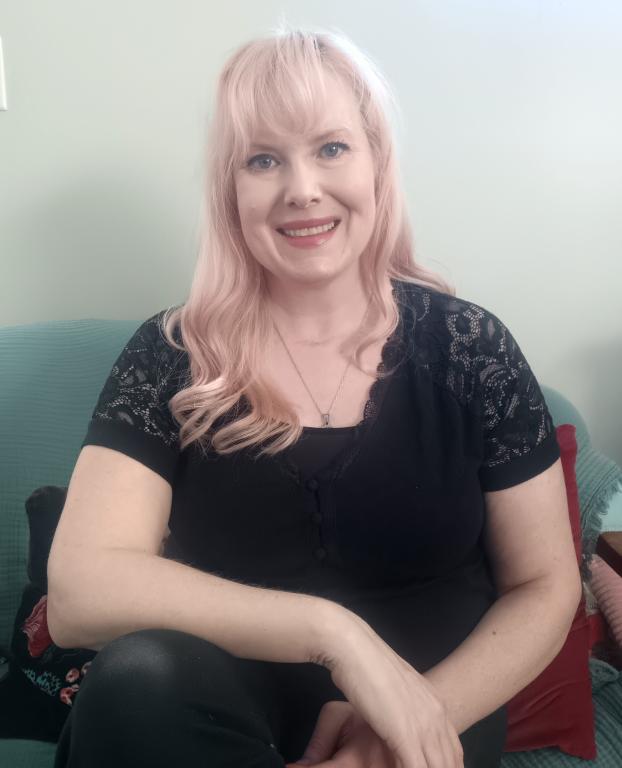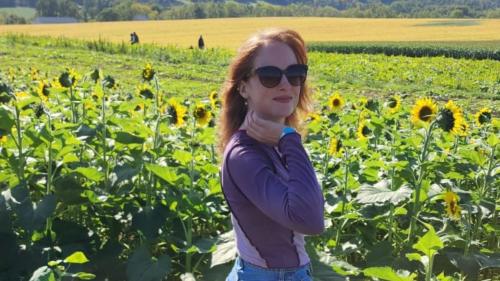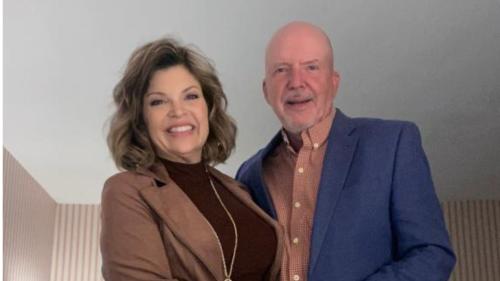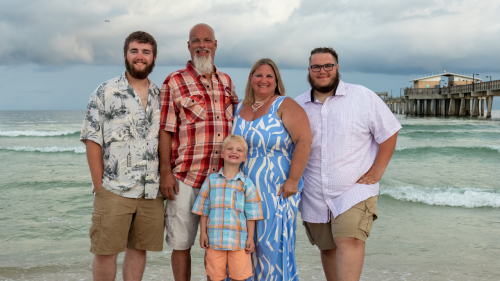
-
Understanding primary immunodeficiency (PI)

Understanding PI
The more you understand about primary immunodeficiency (PI), the better you can live with the disease or support others in your life with PI. Learn more about PI, including the various diagnoses and treatment options.
-
Living with PI
-
Addressing mental health
-
Explaining your diagnosis
- General care
- Get support
- For parents and guardians
-
Managing workplace issues
- Navigating insurance
-
Traveling safely

Living with PI
Living with primary immunodeficiency (PI) can be challenging, but you’re not alone—many people with PI lead full and active lives. With the right support and resources, you can, too.
-
Addressing mental health
-
Get involved

Get involved
Be a hero for those with PI. Change lives by promoting primary immunodeficiency (PI) awareness and taking action in your community through advocacy, donating, volunteering, or fundraising.
-
Advancing research and clinical care
-
Grants
-
IDF surveys
-
Participating in clinical trials
-
Diagnosing PI
-
Consulting immunologist
-
Clinician education

Advancing research and clinical care
Whether you’re a clinician, researcher, or an individual with primary immunodeficiency (PI), IDF has resources to help you advance the field. Get details on surveys, grants, and clinical trials.
-
Grants

Laura Haynes built a career as a domestic violence specialist and knew well the impact of trauma on survivors. When trauma touched her own life in the form of chronic illness and subsequent job loss, she used the skills she developed as an advocate and resource coordinator to navigate her diagnosis and reshape her career. Today, she is earning her master’s degree in counseling and volunteers her time co-hosting the Immune Deficiency Foundation (IDF) Adulting with PI Get Connected Group (GCG), one of several support options offered by IDF.
“When I was trying to fix the system and make it better for the next victim of domestic violence, I shifted that kind of go-getter attitude of ‘Let’s solve this problem’ and applied it to my health. I did a lot of research and learning and empowered myself with information,” said Haynes.
A newly formed IDF support group, Adulting with PI is designed for persons between the ages of 25 and 60 who are living with primary immunodeficiency (PI) and experiencing an active phase in their lives, such as building a career, returning to college, dating, living with a partner, being married, or raising a family.
“People in the other groups tend to be retired, and they are at a different place in life, so we wanted to start a group for people at an earlier stage,” explained Haynes, who added that the average number of participants at the two-hour monthly online meetings is between 10 and 15.
“If someone feels like they might be a good fit for the group, even if they're not in the age range, they can always reach out to us. One thing I love about our group is that we're diverse, not just in age, but in backgrounds, too. Our participants come from across the country and are at different stages of working or not working and have different types of diagnoses and timelines of diagnoses.”
Haynes, who falls in the middle of the Adulting with PI demographic at age 45, is diagnosed with common variable immune deficiency (CVID), hereditary angioedema (HAE), Hashimoto’s disease, Ehlers-Danlos syndrome (EDS), and mast cell activation disorder (MCAD).

Typical of those with PI, she remained undiagnosed throughout her childhood and into her 20s when she lived with chronic sinus and respiratory infections. When she entered her 30s, though, her body no longer responded to antibiotics, and she developed additional symptoms.
“It was almost as if my immune system just went into chaos, and I had extreme hives up my whole body,” said Haynes.
Her allergist/immunologist pursued a myriad of diagnoses and found Haynes had Lymes Disease and allergies to mold, but the effort never completely resolved her health issues.
“At four years, he said, ‘I feel like I've thrown everything in my bag at you. And you're sicker than when you walked in my door. So, I'm going to send you to the guy who figures out the stuff that lies outside the box,’” said Haynes.
That new provider took 23 vials of blood and eventually helped Haynes discover that she lived with several chronic illnesses.
“My medication list with supplements is 55 deep,” said Haynes.
Meanwhile, as she coped with her illnesses, she couldn’t keep up with the advancement of her career. Missed work due to infection, fatigue, digestive issues, systemic pain, brain fog, and inflammation made it impossible to maintain full-time employment.
“Before my illness, I was very productive and proactive. I took on projects. I was an overachiever personality type. It was very hard not to be a part of that world anymore,” said Haynes.
At her diagnosis, Haynes sought IDF online and benefitted from printed resources and support groups. She attended one IDF support group in person in her home city of Denver and continued to participate when the meetings switched to virtual during (and after) the COVID-19 pandemic. She preferred the virtual format because she could attend even when feeling unwell.
Haynes also applied for Social Security Disability Insurance (SSDI) and, after waiting three years, was finally approved, allowing her to fully concentrate on her health.
“COVID was a turning point for me, as far as not being around people and not getting infections all the time. It gave me a bit of a leg up in the sense that my body could calm down around the infections because before, it was just like this endless cycle. I could focus on just caring for myself,” said Haynes.
In an effort to give back to the community, Haynes began volunteering with IDF peer support, speaking with individuals one-on-one.

“Some people were newly diagnosed at the beginning of the pandemic, and I just cannot imagine how they felt. It was awful when I first got diagnosed, and when you don't understand all the ins and outs, and there’s a pandemic, that’s very stressful. So, I made a point to reach out to those people specifically as well,” said Haynes.
Being a resourceful person, Haynes learned that the SSDI offers a program called Ticket to Work, which helps people with work rehabilitation and determining the best career for them, given their disability. The program also offers training and assists with job placement. Through the program, Haynes is earning a master’s degree in clinical mental health from Adams State University. The career allows her the opportunity to work remotely and provides flexibility.
Gratitude, grit, empathy, and resilience have buoyed Haynes during the challenging times, she said, and her goal now is to assist others through their medical journeys. She intends to specialize as a therapist who treats people with chronic illnesses or pain. Helping others with their trauma is of paramount importance to Haynes.
“My heart's always been in it,” she said.
Related resources

Thirty-year-old with APS type 1 advocates for her community

Susan finds "priceless" support system in the Immune Deficiency Foundation

Mother details harrowing journey to son's diagnosis and relief of finding the PI community
Sign up for updates from IDF
Receive news and helpful resources to your cell phone or inbox. You can change or cancel your subscription at any time.





The Immune Deficiency Foundation improves the diagnosis, treatment, and quality of life for every person affected by primary immunodeficiency.
We foster a community that is connected, engaged, and empowered through advocacy, education, and research.
Combined Charity Campaign | CFC# 66309

